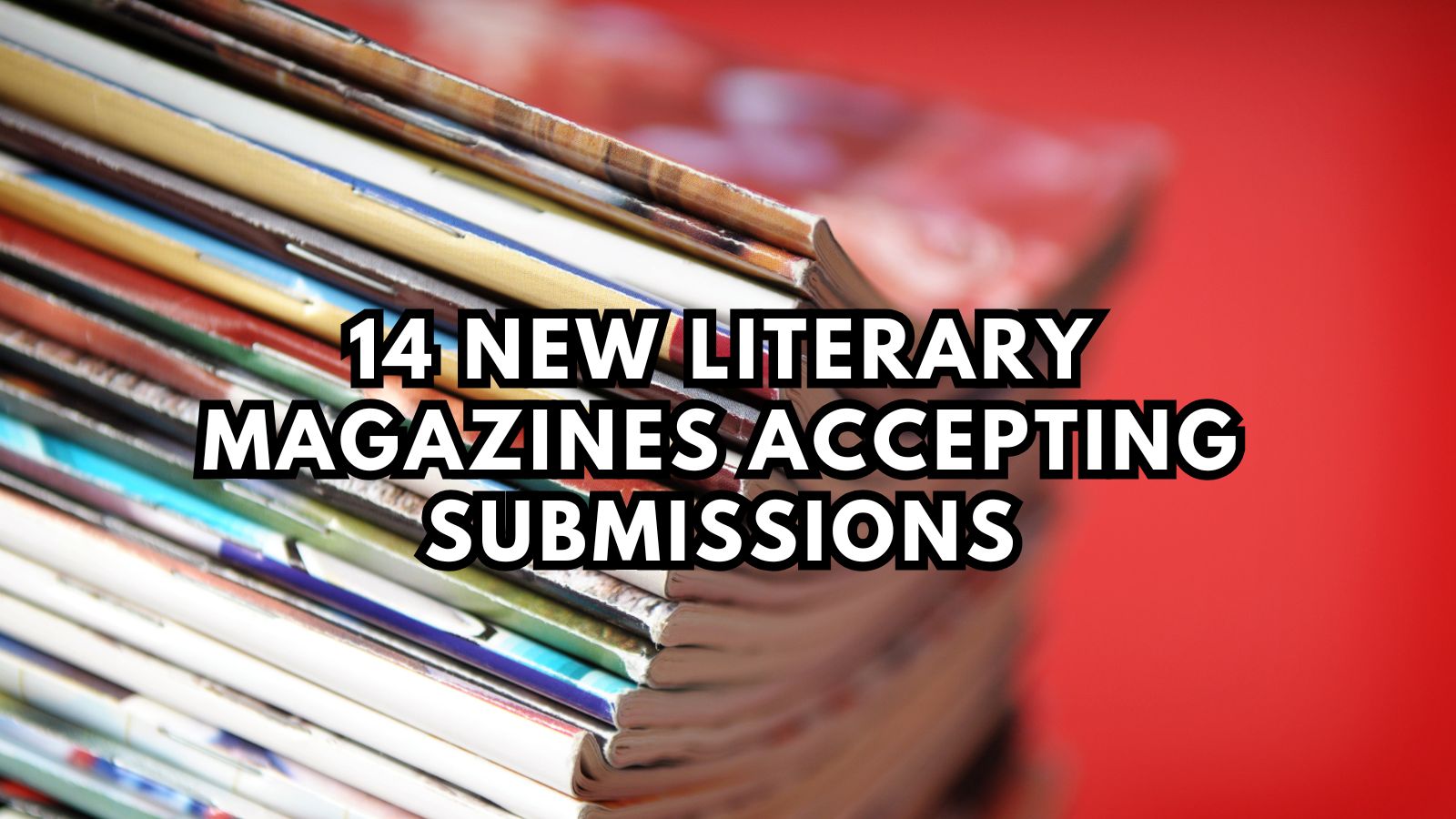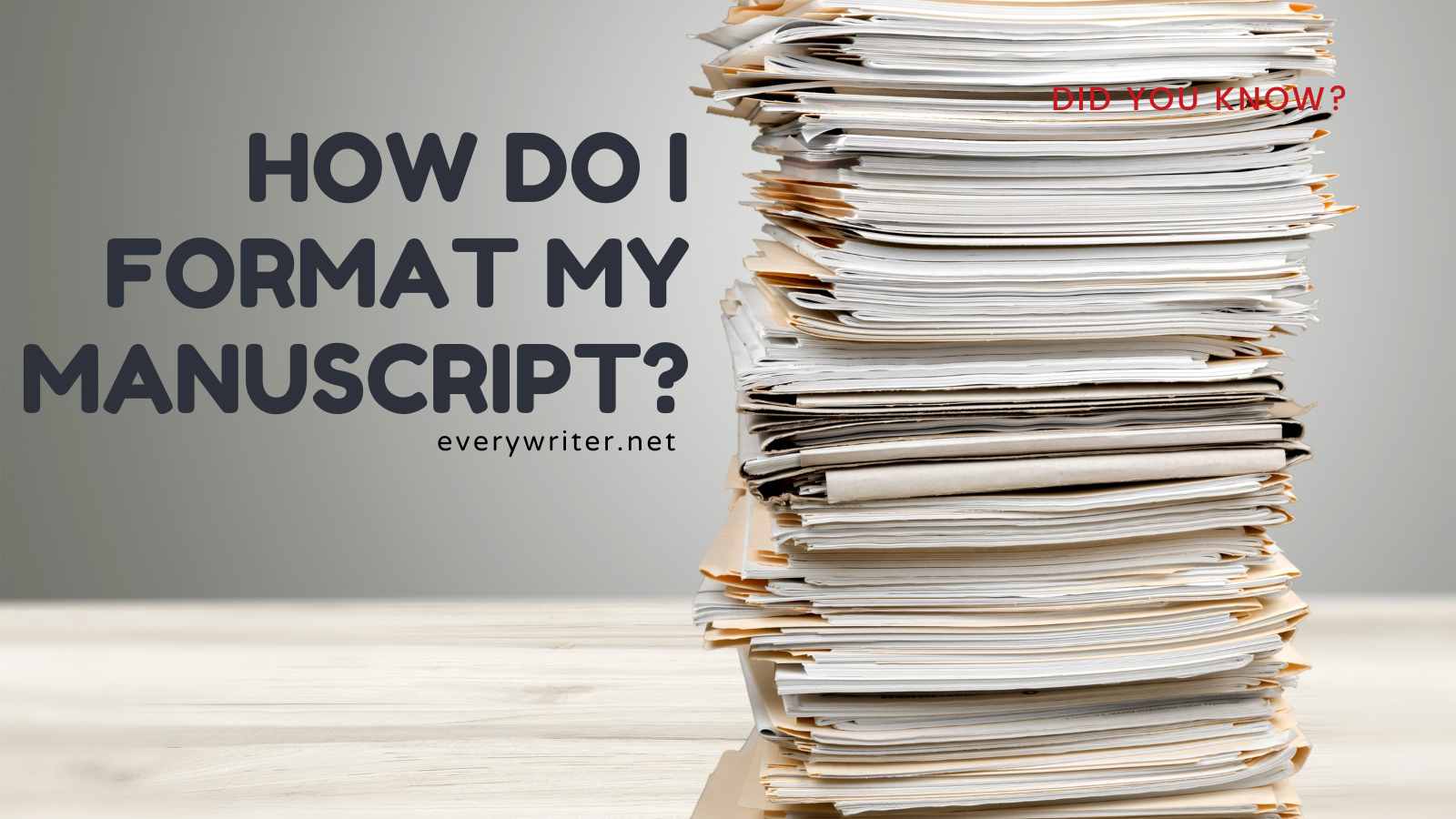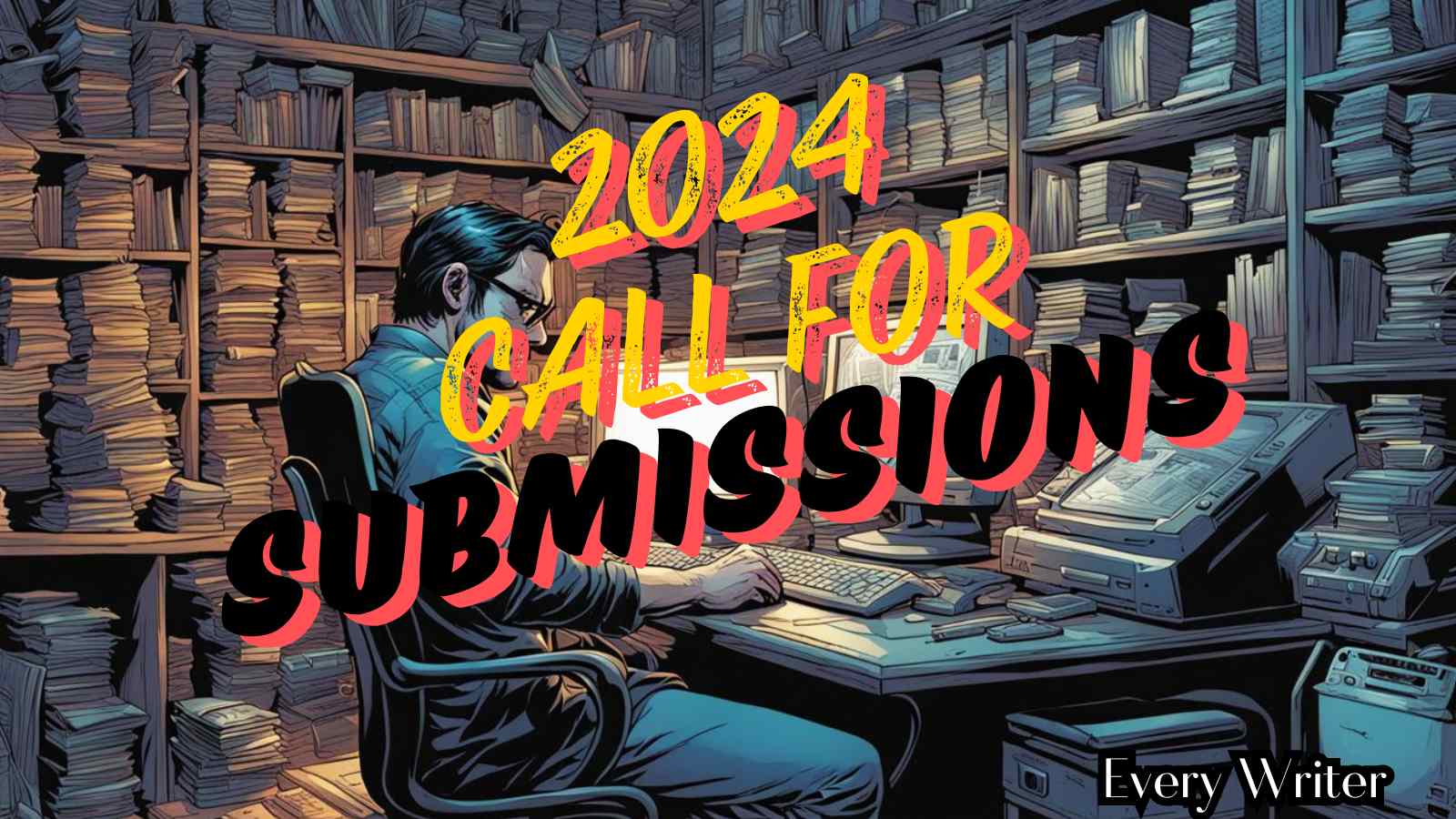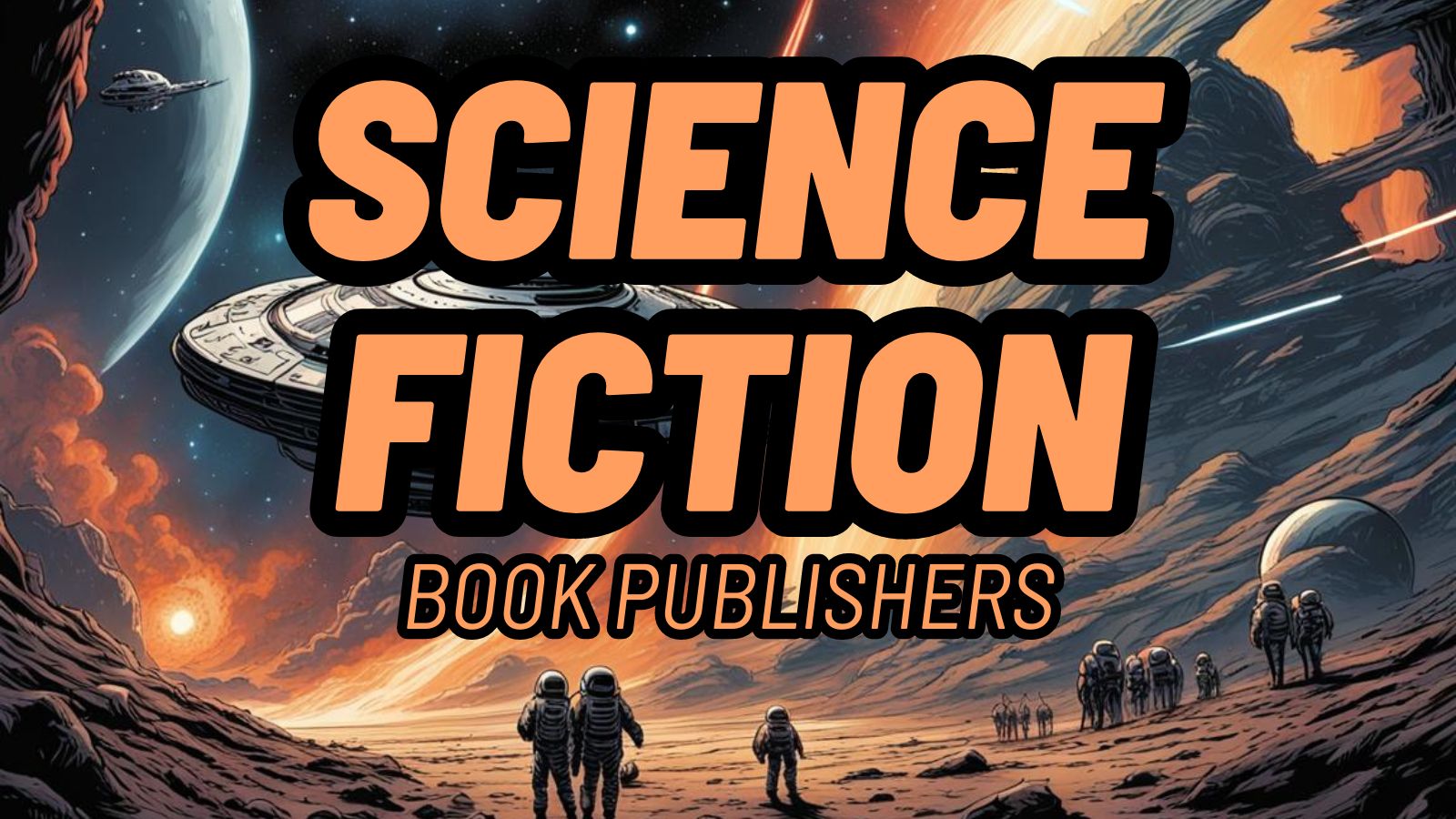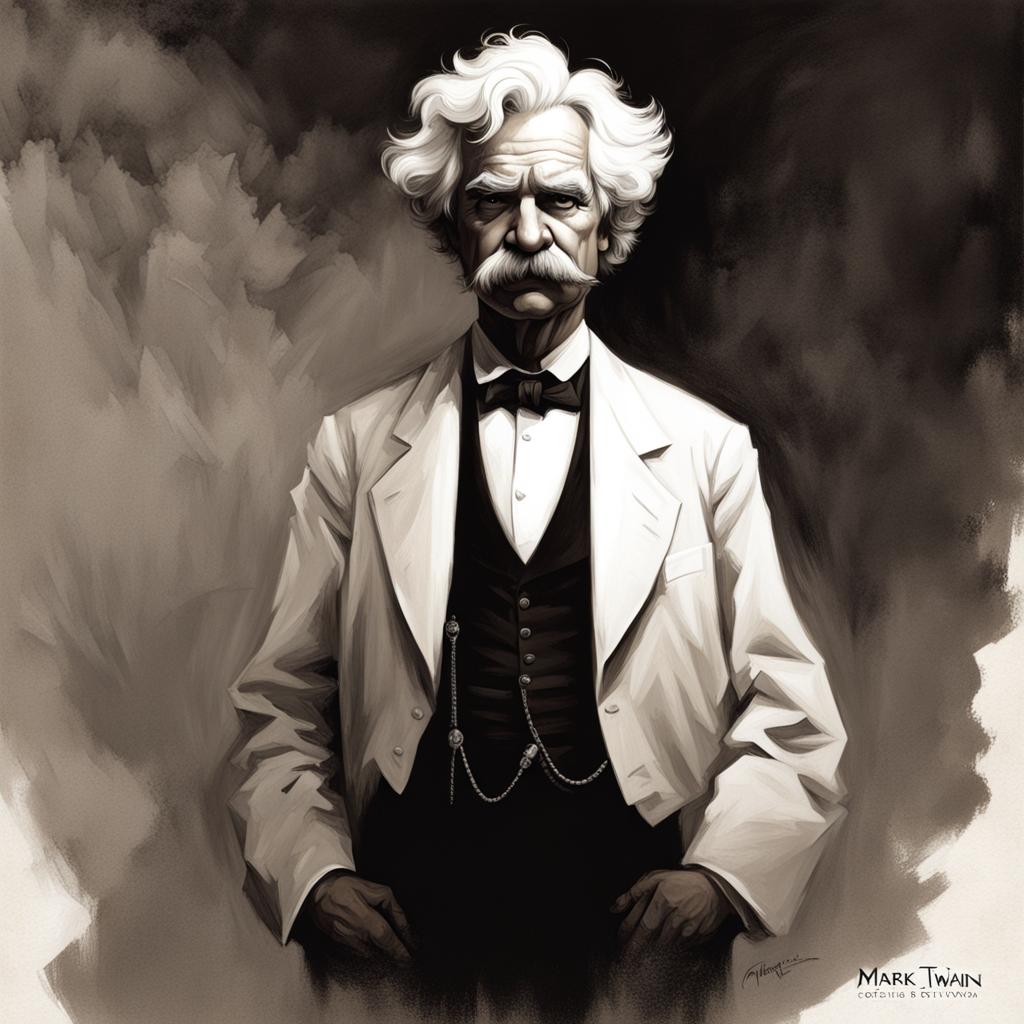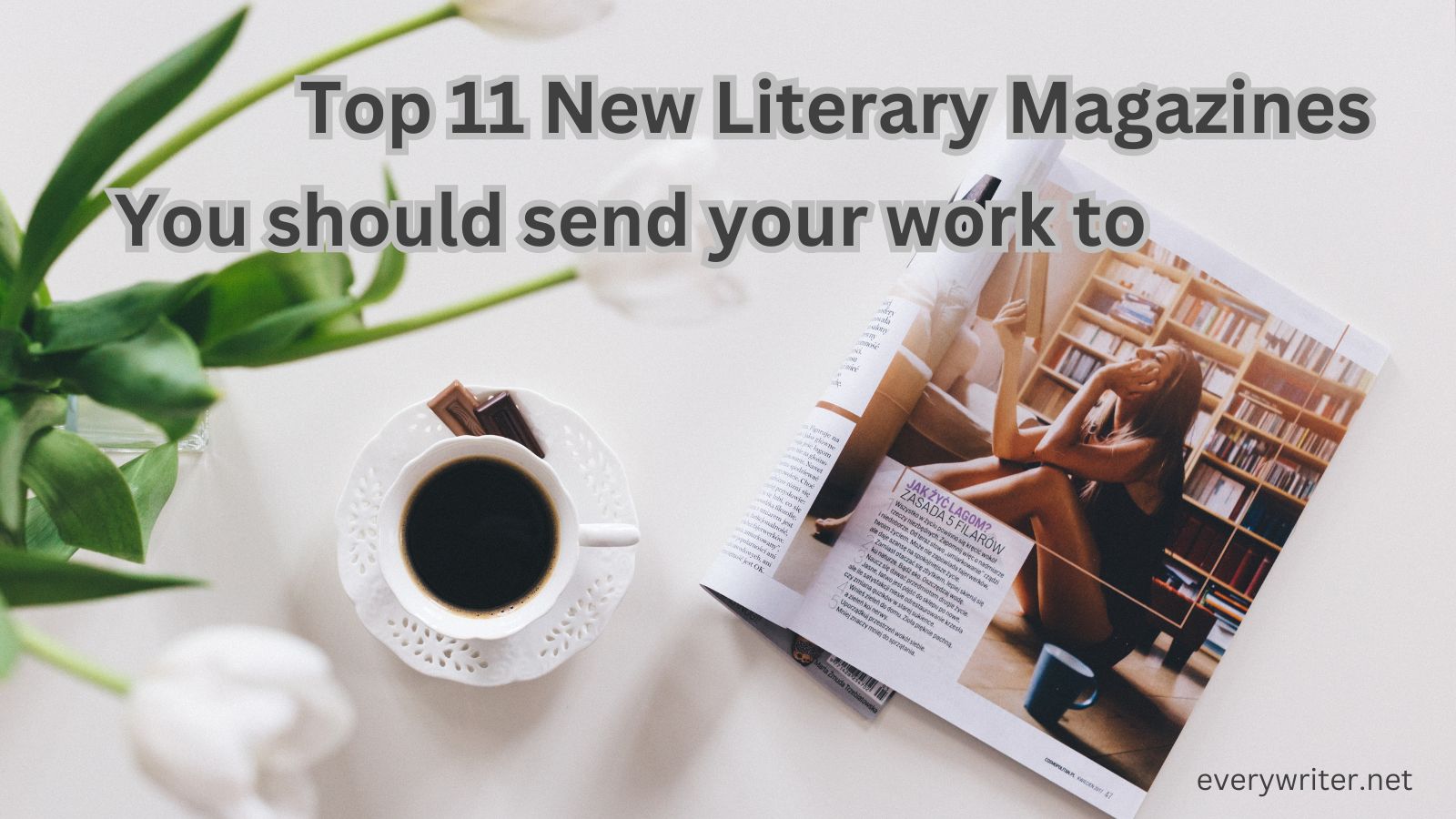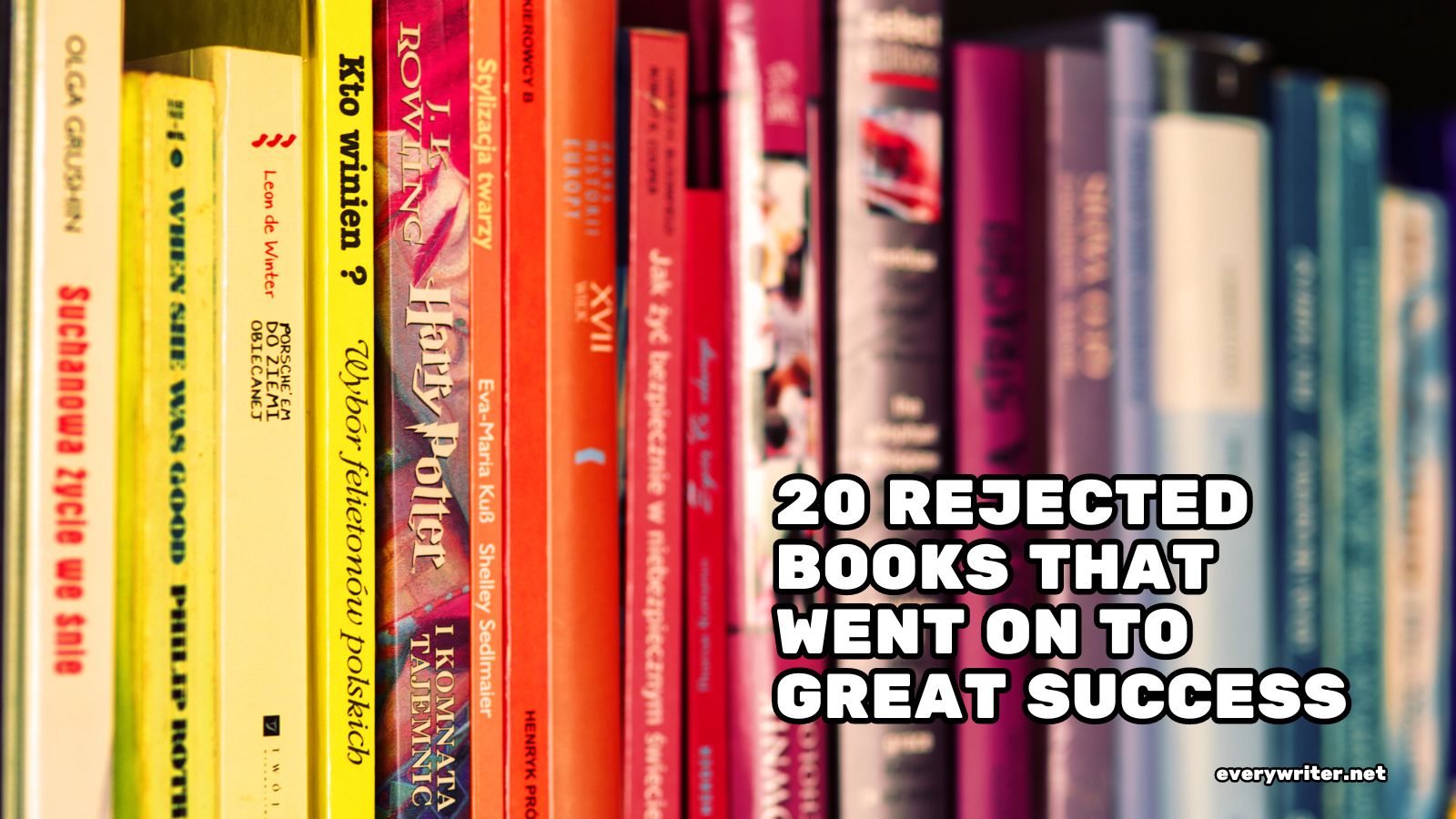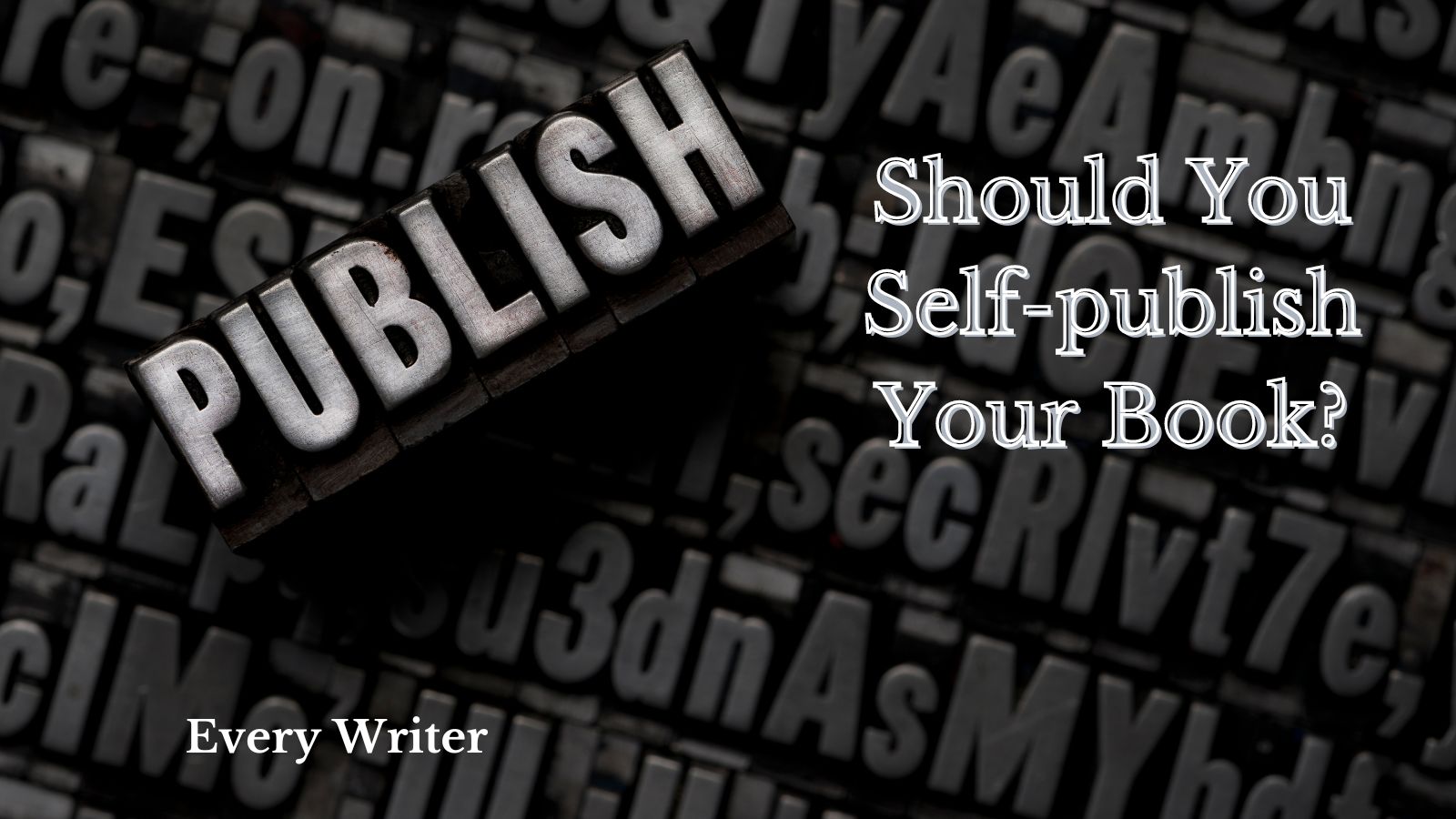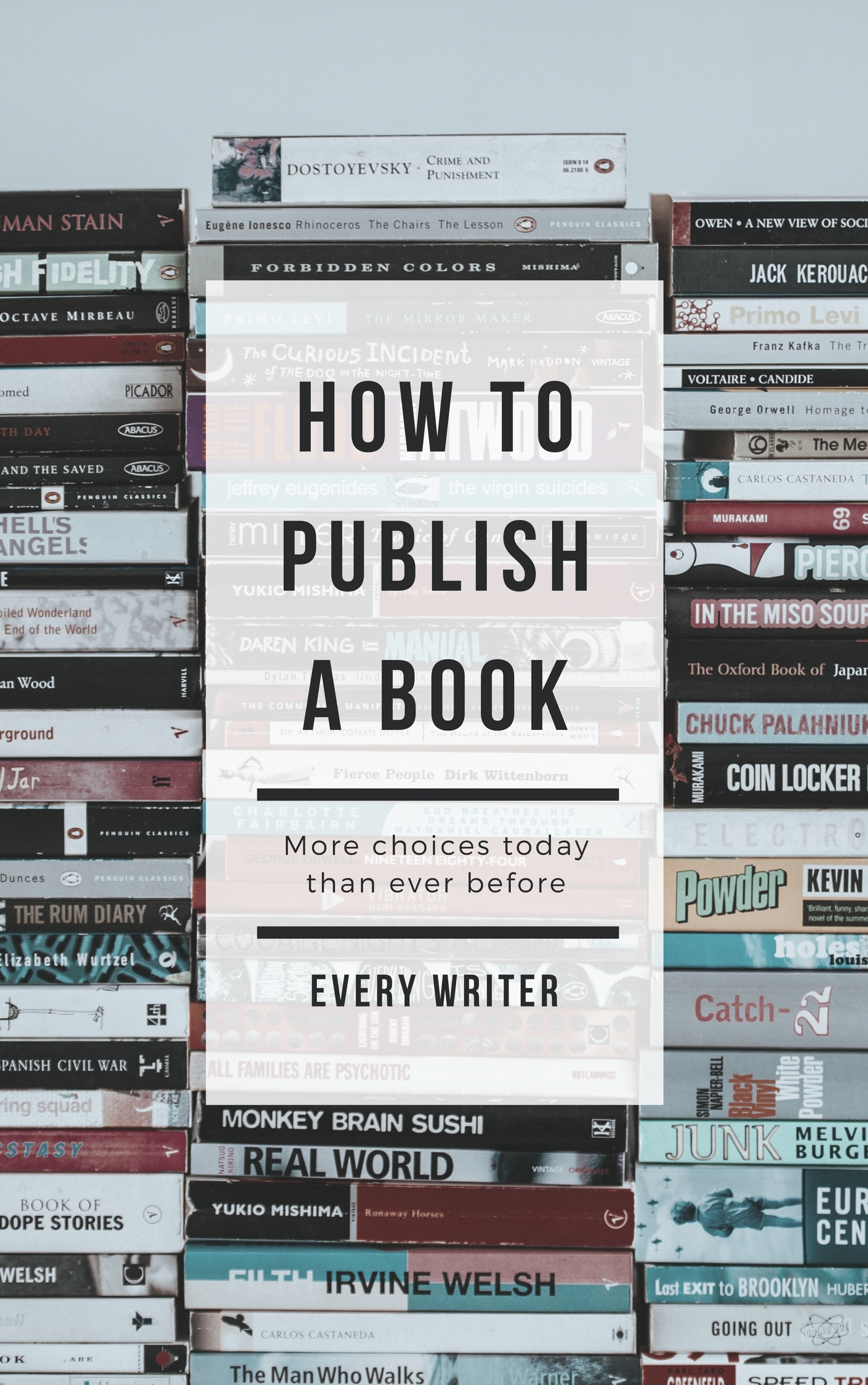Discover 14 new literary magazines launching in 2025. Find paying markets for poetry, fiction, and experimental work. Response times under 3 weeks. Ideal for emerging writers
Publishing Your Writing
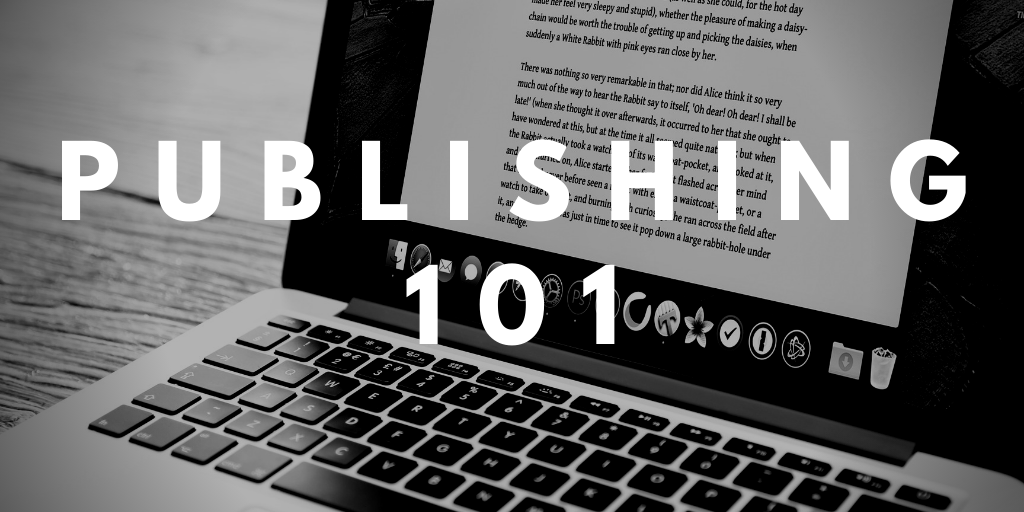
You’ve got an idea in your head that sounds like the perfect story. And, before you know it, you’ve put pen to paper, downed gallons of coffee over a ridiculous amount of time, and created a world you hope everyone else will want to live in for a while. But, getting your book in people’s hands is a taller order than the boujee-est latte at Starbucks. And, while there are many routes to publishing, you’ve chosen the more traditional route—submitting your manuscript to publishers. Seems easy enough, right? Riiiiiight. If your google search on publishing doesn’t give you a little anxiety, then you’ve got nerves of steel. Either way, EWR is here to help.
We hope the articles and links we’ve provided settle your questions and get you started in the right direction. While we’ve got plenty of new content on its way, here are just a few subjects we’ll cover to take you from manuscript to publisher:
- The benefits of using beta readers
- Dealing with feedback
- The benefits of editing services
- Why you might need a literary agent
- Big Pub vs Small Pub
- The query process
- Pitch contest and writing conference tips
- Agent interviews and signing
- How to build your brand as an author
- Working with publishers (contract to release day)
Getting your dreams off the ground is a lot of work, we know. But, we believe in writers, and we’re excited you’ve chosen us as a resource to turn your story into something the entire world can enjoy. So, make another cup of coffee, let us help you, and don’t forget to tell us about your journey along the way. Leave us a comment or share an article. And let us know if there’s any other content you’d like to see from us in this ever-changing industry. #NeverStopWriting
50 Best Poetry Submission Opportunities for 2025
50 Best Poetry Submission Opportunities for 2025 Ready to share your poetry with the world in 2025?
How do I format my manuscript?
When submitting a manuscript to a publisher, proper formatting is crucial. This guide provides a 10-point checklist to help you format your manuscript professionally
Call for Book Reviews!
Every Writer is currently seeking passionate book lovers to contribute their thoughtful and engaging book reviews
Every Writer Call for Submissions!
Attention all writers and poets! We are thrilled to announce that submissions are now open for our highly anticipated 2024 issue
Every Writer the Magazine Giant issue!
We are thrilled to announce that the December 2023/January 2024 issue of Every Writer is finally available! This jam-packed issue spans over 100 pages showcasing poetry, stories, and articles from both established and up-and-coming authors. For this milestone issue to wrap up 2023, we have implemented an eye-catching new layout incorporating vibrant artwork and…
2024 Call for Submissions!
We are now accepting submissions for our March 2024 issue. For the March issue, we welcome high-quality short fiction and poetry
Mistakes of Self-Published Book Authors
The mistakes of self-published book authors can be overwhelming: A collective cheer rang out among aspiring authors when self-publishing
Top 11 Flash Fiction Magazines
In writing this list of Top 11 Flash Fiction Magazines we weren’t worried about the amount of traffic these magazines get. Every Writer
104 Science Fiction Book Publishers
104 Science Fiction Book Publishers Science fiction fans, rejoice! I’ve compiled the ultimate list of science fiction and fantasy publishers so you can explore
Mark Twain on First Getting Published (1906)
Mark Twain on First Getting Published (1906) My experiences as an author began early in 1867. I came to New York from San Francisco in the first month of that year and presently Charles H. Webb, whom I had known in San Francisco as a reporter on The Bulletin, and afterward editor of The Californian,…
Top 11 New Literary Magazines
The world of literary journals is always expanding with exciting new publications launching frequently. As an avid reader and writer, it can be challenging
20 Rejected Successful Books!
Here is a list of 20 ridiculously famous and successful books that were rejected multiple times before being accepted and going on to great success.
Should I Self Publish My Book?
Should I Self Publish My Book? If you are thinking about self-publishing vs. traditional publishing, we have another article
How to Publish a Book: A complete guide
How to Publish a book: In today’s world, choice is everything. If a publisher’s door closes, a publishing window will open, but there are vast differences in publishing options in the 21st century.
